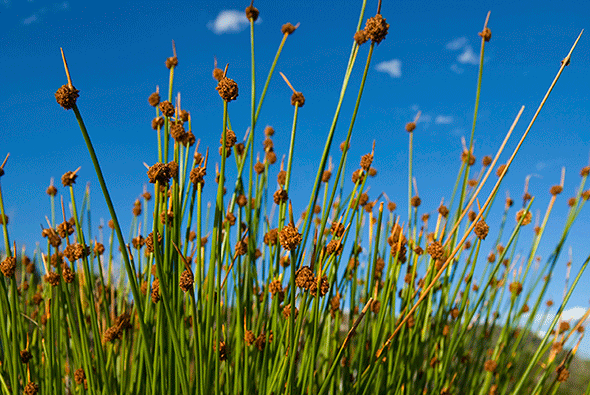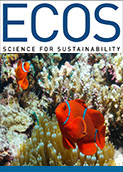
|
Published: 25 November 2014
Deforestation not always bad news for wetlands
A new study has found that human impacts on the environment, such as deforestation, do not always have negative consequences, and can provide positive outcomes for biodiversity.

|
|
Water available to wetlands may be increased after deforestation – and reforestation could dry it up. Credit:
©istock.com/photosbyash
|
Study author, Dr Craig Woodward, from the University of Queensland (UQ), said many wetlands of international importance were formed or expanded in response to human clearance of forests.
‘We found that deforestation can significantly increase the amount of water flowing into wetlands and can even create new wetlands,’ he said.
‘In the past, wetland managers have focused mainly on how deforestation has increased catchment erosion and the transport of sediment and nutrients into wetlands.
‘Reforestation is a natural step towards wetland catchment restoration, but in some cases this could result in the disappearance of the very wetland that we seek to protect.’
The researchers analysed a global database of 245,000 wetlands and found that water levels in 9–12 per cent of them – including 20–40 per cent of wetlands protected under the Ramsar Convention on Wetlands of International Importance – have increased due to human deforestation activities.
They found that forest clearance increased the amount of water inflow to these wetland catchments by up to 15 per cent. This is because forests act like ‘biological pumps’ that increase the transport of water into the atmosphere and reduce the amount available to groundwater, rivers, and wetlands.
‘Increased water inflow can have a major effect by increasing water depth and water persistence in temporary wetlands, and creating new wetlands,’ Dr Woodward said.
‘This results in a major change in the plants and animals living in the area and can increase biodiversity.’
Study co-author, Professor Jamie Shulmeister, also from UQ, said returning a site to how it was before human intervention was not always the best course for conservation and biodiversity.
‘Wetlands are a critical part of our natural environment as they reduce the impacts of floods, absorb pollutants, improve water quality, provide habitat for animals and plants, and many contain a wide diversity of species that are found nowhere else,’ he said.
‘Without permanent wetlands, much of Australia’s diverse wildlife might not have survived through past droughts to exist today.
‘Water quality has always been an important issue for wetland managers, but we must also consider how re-planting forests in wetland catchments will affect water quantity.
‘This study provides managers with better tools for assessing the likely outcomes of reforestation on wetland water quantity.’
Source: UQ



